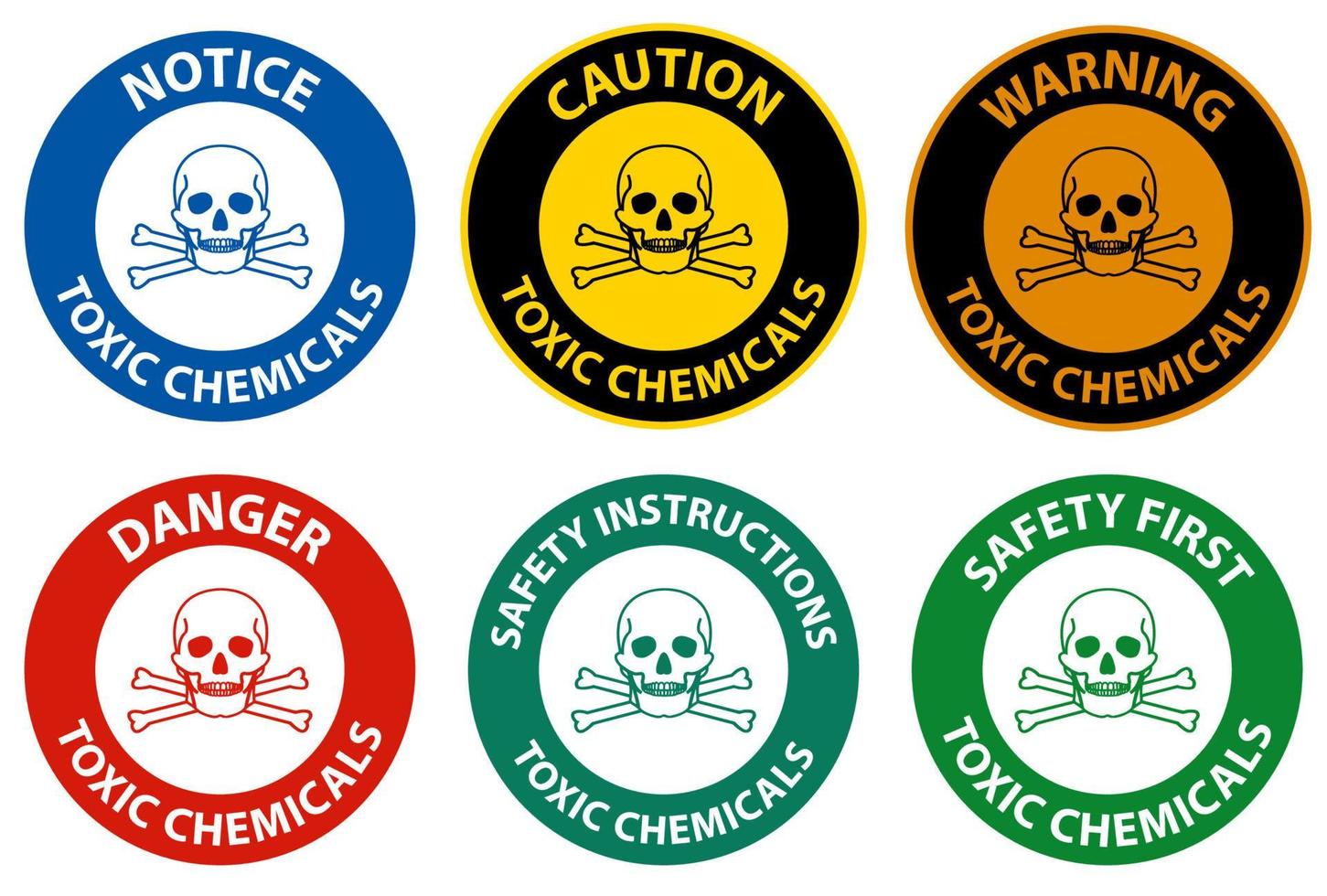Cigarette smoking is a leading cause of preventable death worldwide, and it's not hard to see why. Cigarettes contain a cocktail of toxic chemicals that can cause serious harm to the body. In this article, we'll take a closer look at what toxic chemicals are in cigarettes and the impact they can have on your health.
Nicotine
Nicotine is the primary addictive substance in cigarettes. It's a stimulant that can cause a temporary increase in heart rate and blood pressure. Nicotine can also affect the brain, leading to feelings of pleasure and relaxation. However, it's also highly addictive and can cause withdrawal symptoms when you try to quit smoking.
Tar
Tar is a sticky substance that's left behind when tobacco is burned. It contains a variety of harmful chemicals, including polycyclic aromatic hydrocarbons (PAHs) and benzene. Tar can cause damage to the lungs and increase the risk of lung cancer.
Carbon Monoxide
Carbon monoxide is a poisonous gas that's produced when tobacco is burned. It can reduce the amount of oxygen that's carried in the blood, leading to shortness of breath and other health problems. Carbon monoxide can also increase the risk of heart disease and stroke.
Formaldehyde
Formaldehyde is a colorless gas that's used in the production of many household products. It's also found in cigarette smoke. Formaldehyde can cause irritation of the eyes, nose, and throat, and it's a known carcinogen.
Acrolein
Acrolein is a chemical that's used in the production of plastics and other materials. It's also found in cigarette smoke. Acrolein can cause irritation of the eyes, nose, and throat, and it's been linked to an increased risk of lung cancer.
Ammonia
Ammonia is a chemical that's used in cleaning products and fertilizers. It's also found in cigarette smoke. Ammonia can cause irritation of the eyes, nose, and throat, and it can also increase the addictive properties of nicotine.
In conclusion, cigarettes contain a wide range of toxic chemicals that can cause serious harm to the body. From nicotine addiction to lung cancer, the health risks associated with smoking are well-documented. If you're a smoker, quitting is the best thing you can do for your health. And if you're a non-smoker, avoiding exposure to secondhand smoke is equally important. Remember, the best way to protect your health is to stay informed and make smart choices.

